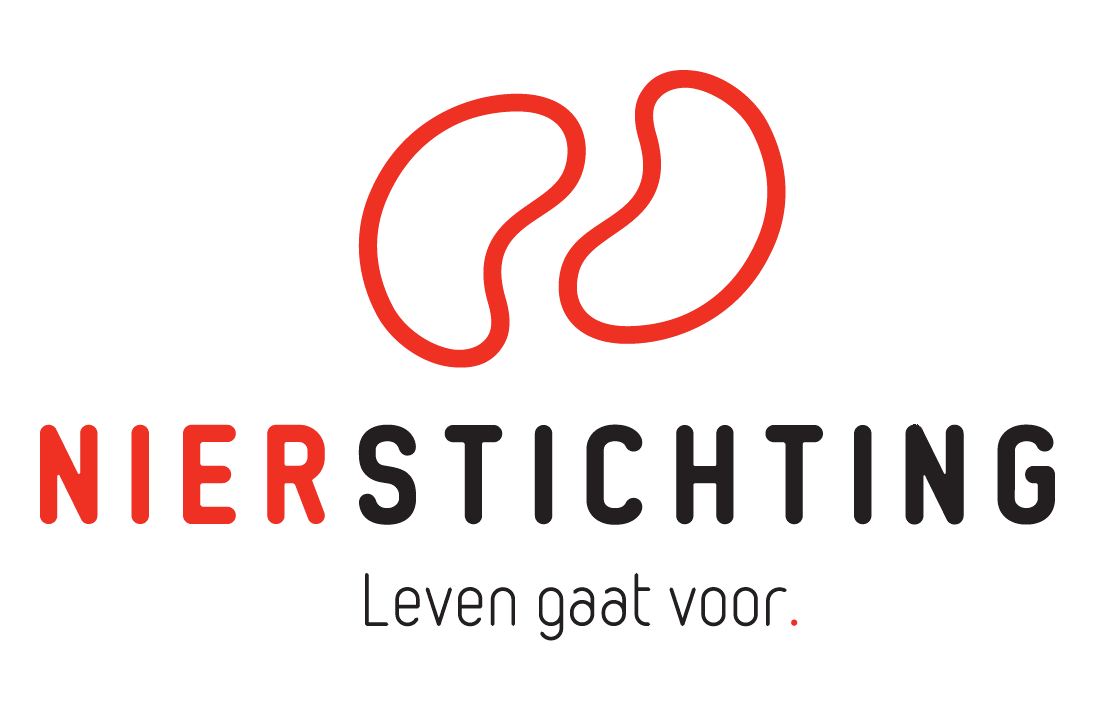Cleaving sodium channels to reduce dietary salt intake

Project summary
High salt intake is one of the main causes of high blood pressure and can lead to kidney damage. There is strikingly little attention for salt taste research in kidney patients. Salty taste comes about because saliva dissolves the salt from food and then offers it to the taste buds in the tongue. In these taste buds there is a salt channel that ‘translates’ the salt offered to the brain as a salt taste. It has recently become clear that healthy people who can taste salt well have more enzymes in their saliva that could ‘open’ (activate) this salt channel than people who taste salt less well. Furthermore, it is known that patients with chronic kidney damage have a reduced salt taste, but it is unclear why this is the case. The hypothesis of this project is that salivary enzymes determine the salt taste through an effect on salt channels. In addition, the research group thinks that chronic kidney damage changes the composition of salivary enzymes, resulting in a disturbed salt taste. A better understanding of salt taste is important for better measures against salt intake that is too high worldwide. Specifically, this research can provide more insight into the possibilities for changing the taste of salt, for example through the use of (already available) agents that can break down or stimulate salivary enzymes.
Impact
To determine the clinical implications of salivary enzyme activation for saline enzymes. Ultimately strategies to influence salt taste.
More detailed information
Principal Investigator:
prof. dr. Ewout Hoorn
Role Erasmus MC:
Coördinator
Department:
Project website:
Funding Agency:
Nierstichting



